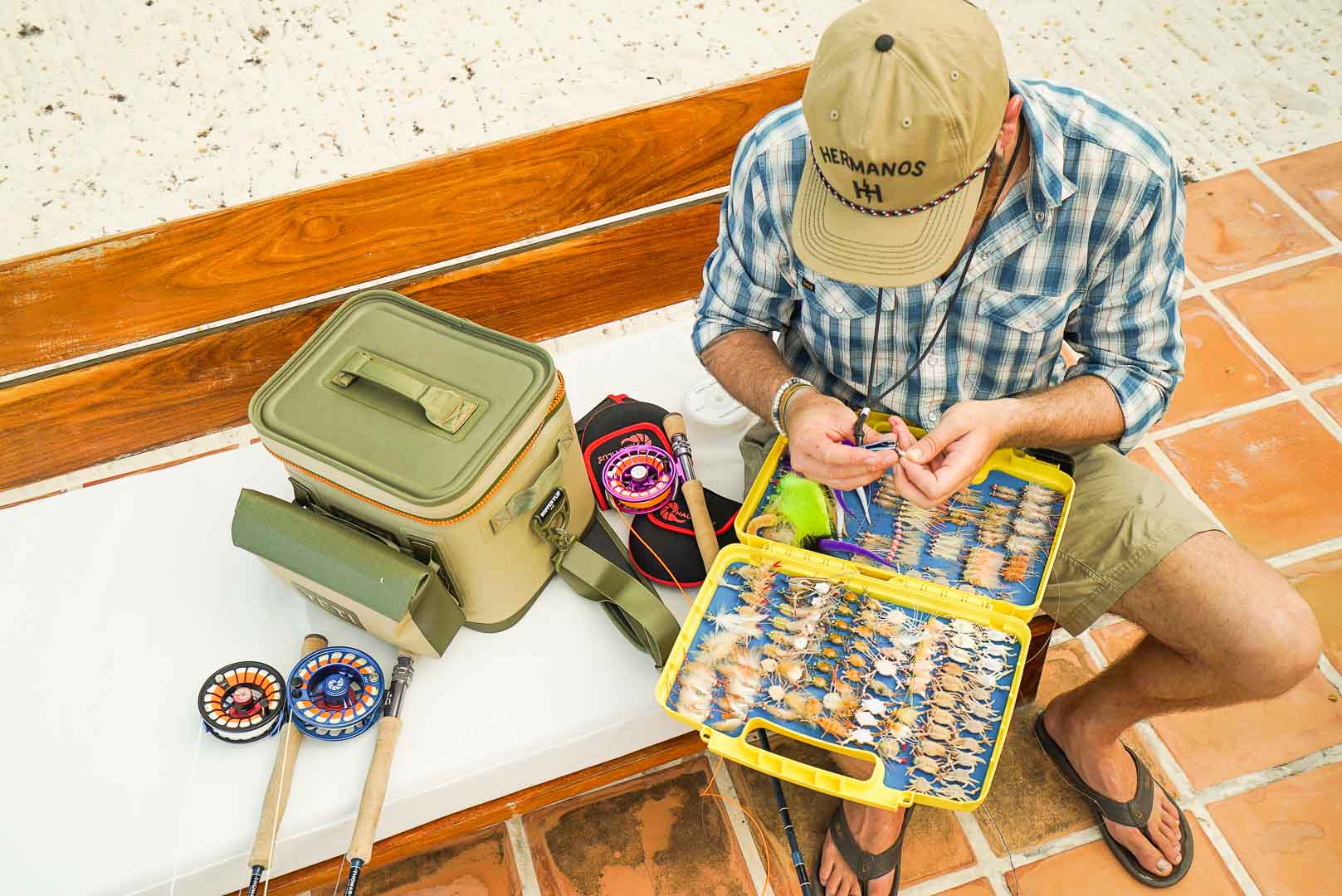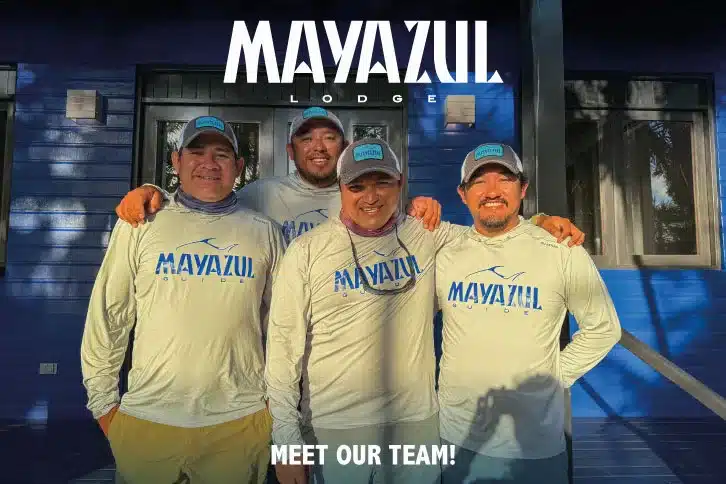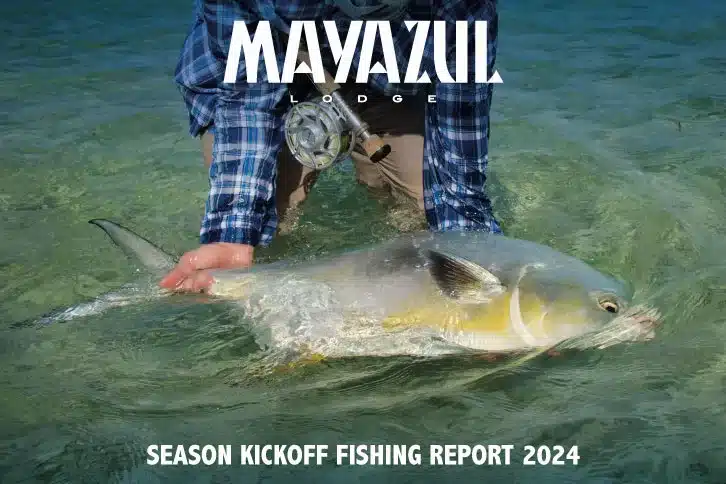When the doctor says nix the smokes and dump twelve pounds, you trust he has your best interests in mind. And when your saltwater guide says your “non-conventional” cast has you failing to connect at 30 feet out, you should also conclude the same. Why? Because missing that perfect opportunity at a double-digit bonefish just might kill you. That’s why.
All joking aside, I’ve been lucky enough to work, fish, and speak candidly with some incredible fishing guides over the years. From the renowned, like Steve Huff in the Keys or Marty Sawyer on Abaco, to the massive personalities we often meet in the Caribbean, the one consistency is that they’re all different. But they all share a common trait, too: that is, an awesome ability to put clients on fish no matter what the circumstances. Because guides possess wisdoms acquired during a lifetime on the water, it pays for us to listen. Here’s what the good ones have to say.
1) “TALK TO ME, WE’RE IN THIS TOGETHER.”
Saltwater fisheries are complex and present challenges that average anglers can’t easily solve. That’s why the best independent saltwater guides can charge upwards of $600 bucks a day. They’ve earned it learning the affects of specific tides on specific flats during specific seasons when specific species are prevalent—and sharing with us those specificities. With all that accumulated knowledge, guides can sometimes come across as arrogant, pushy, and even upset and disappointed. It’s in their nature to want you to succeed, so do not take their frustrations personally. If you blow a fish, don’t fret; there are plenty more to blow as the day unfolds. But do take the time to replay the missed opportunities with your guide. What could you have done differently: Was the retrieve too fast? Was the fly delivered short and never seen? Or was it launched too far past your target, causing the fish to bolt? You’re guide knows the answers. And every botched situation is an opportunity to learn something new.
2) “ARE YOU SEEING WHAT I’M SEEING?”
A guide’s ability to spot fish is his/her trademark superpower in the salt. Oftentimes they will identify a cruising fish well before you see it. During this time, while you’re blind and your guide is all-knowing, communication is paramount. Take advantage of your guide’s eyes when he calls out distances and clock coordinates by pointing your rod accordingly and piping up to determine the fish’s exact location. If you are still not sure, keep searching and asking until you receive positive confirmation. Seeing, as they say, is believing.
3) “SERIOUSLY, BUDDY, THAT CAST IS CRAZY SCARY.”
Do adept casters catch more fish? In the salt, honest guides will tell you the answer is an unequivocal: Yes. And if guides had the choice between giving lessons and going fishing with an adept angler, best believe most would always choose the latter. Although guides can/will teach you basic casting from the lodge lawn or the skiff’s bow—the fact is, your inability to perform often amounts to wasted time on the water. With a week to fish, come practiced enough to iron out any minor kinks on day one. The good news is that casting from a skiff deck is easier than trying to make the same shot in waist-deep water. Skiffs give you the advantage of added height, so you can cast longer and spot cruising or tailing fish from farther away. At home and off the water, practice hitting targets at 30, 40, and 60 feet with the same rod you’ll fish abroad. And remember, bombing for distance is a great party trick—one I’ve seen skilled Bahamian guides pull off both right- and left-handed. But anglers who, on the other hand, can cast accurately at close to medium range will succeed more often than not.
—Geoff Mueller



